© 2000-2023 - Enkey Magazine - All rights reserved
ENKEY SNC - VAT ID IT03202450924 / REA Code CA253701 - Phone. 078162719
We complain about the hot. We complain about the cold. Because it snows. Becuase it rains for a week. Because it’s sultry… and wet. We always complain about the weather. It’s without any doubt a great talking point. But we shouldn’t complain about it. Otherwise we must be grateful to live on this amazing blue and green little plantet, with its perfect weather for the life. Which is impossible on the other planets. Do you know what’s the weather on the other planets of the Solar System?
What’s the weather on Mercury
Let’s start from the first planet of the Solar System: Mercury. After a first look to its weather we surely won’t complain any more about the hot, not even about the cold. On Mercury the temperatures go from the +465° during the day to the -184° during the night.
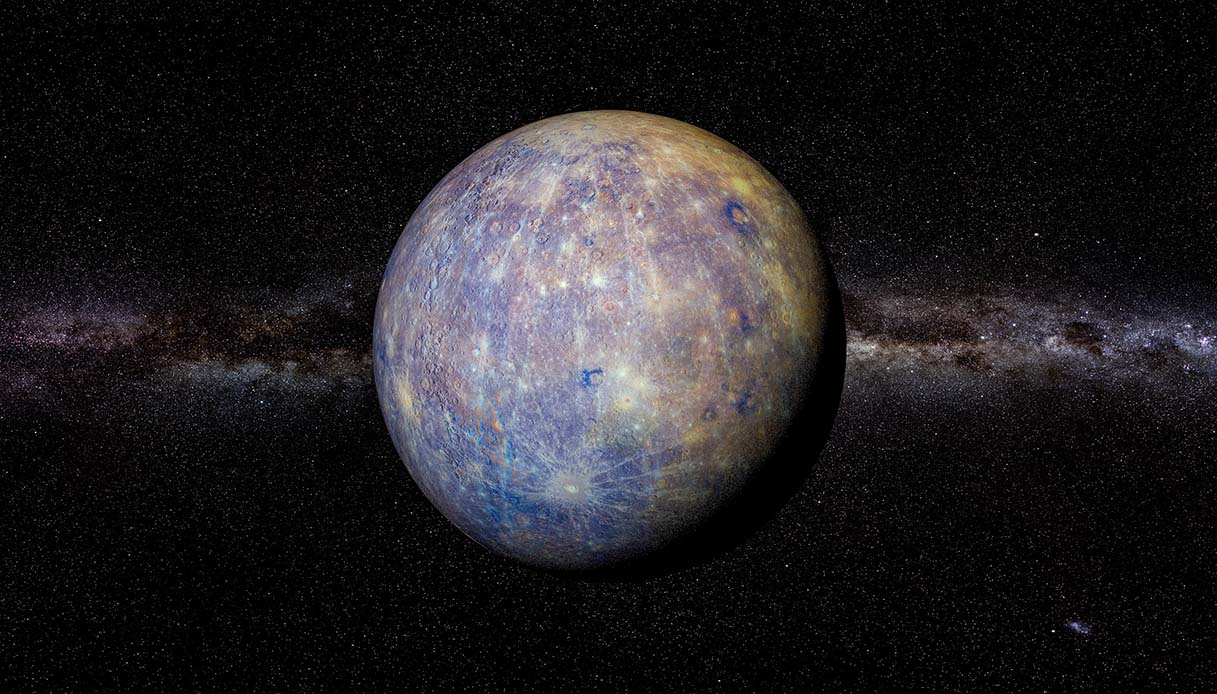
The planet has an atmosphere, but it is such thin to not being able to thermoregulate the surface and, even though its closeness to the Sun, the heat is brushed away right when the night arrives.
Furthermore, on Mercury a solar day lasts 176 days, but a solar year only 88!
Venus
Have you ever seen that annoying fog that arise in the morning at that doesn’t let you see anything besides your nose? Well, if you will ever visit Venus, you will miss the Padana Valley. What’s the weather on Venus? On Venus there is the fog… always.
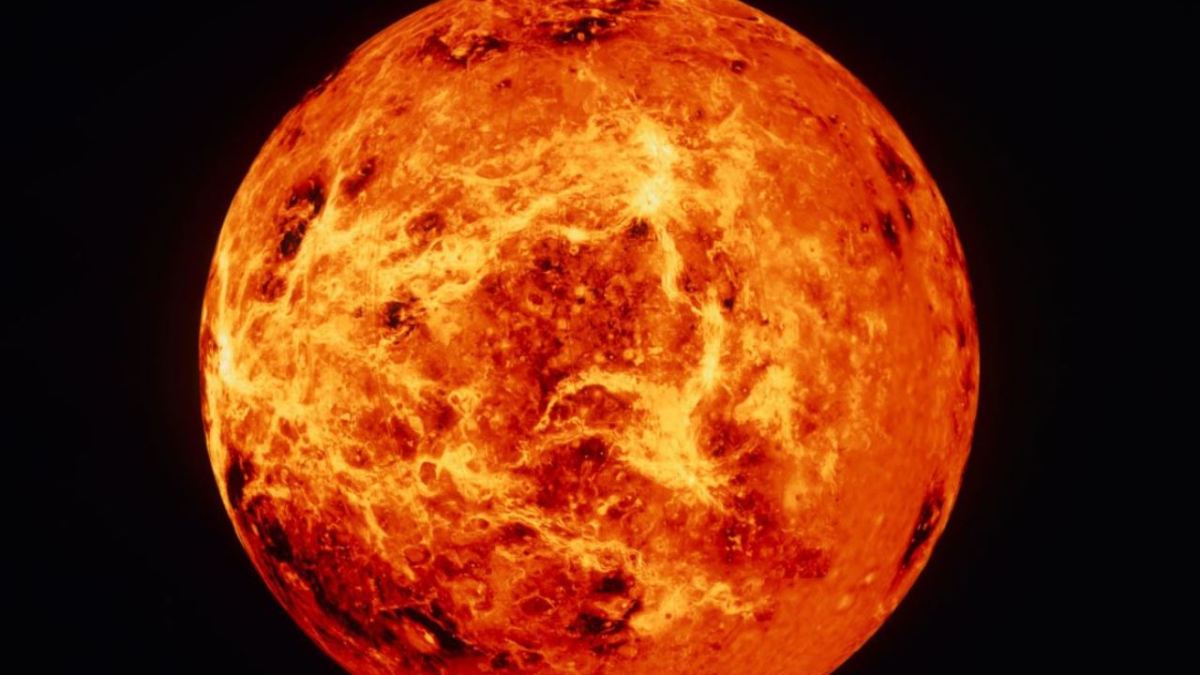
The temperature isn’t changing as the Mercury one, but it is extremely hot. It isn’t a case that Venus is the hottest planet of the Solar System: 460°.
A solar day on Venus lasts 243 days, while a solar year 117.
What’s the weather on Mars
Let’s jump on the opposite side of our loved planet Earth. What’s the weather on our closest neighbor? Mars is cold, but the temperatures aren’t such extreme like the ones of the other planets. Let’s think that around the equator you will be able to have a great mild temperature, around the 20°. The medium average, anyway, is -55°. Which isn’t bad, by the way, to be outside the safety of our planet.
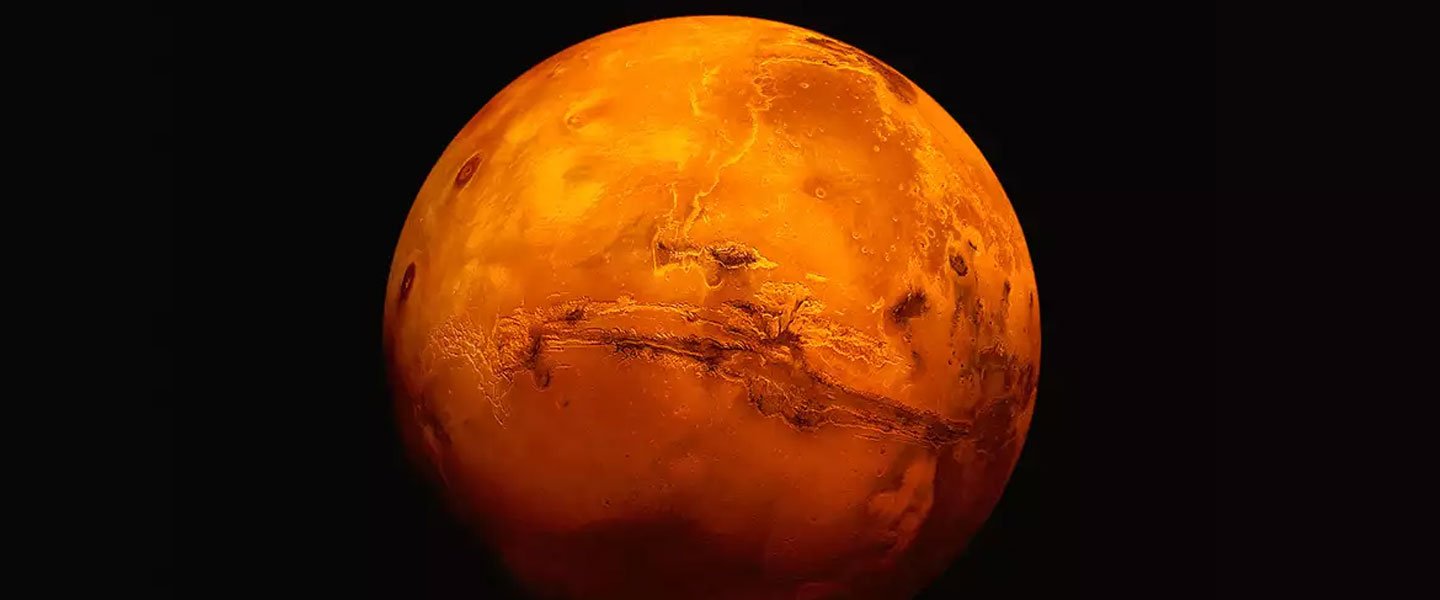
It is normal even the last of the days (more or less like the terrestrial ones), while a solar year lasts 687 days (more or less two terrestrial years).
Jupiter
Are you ready to pass to the gaseous giants? Because here it will be very strange!
Are you tired about the perturbations that last for days? Let’s think that here, on Jupiter, there is a storm which is going on for at least 400 years! It is the famous eye of Jupiter.
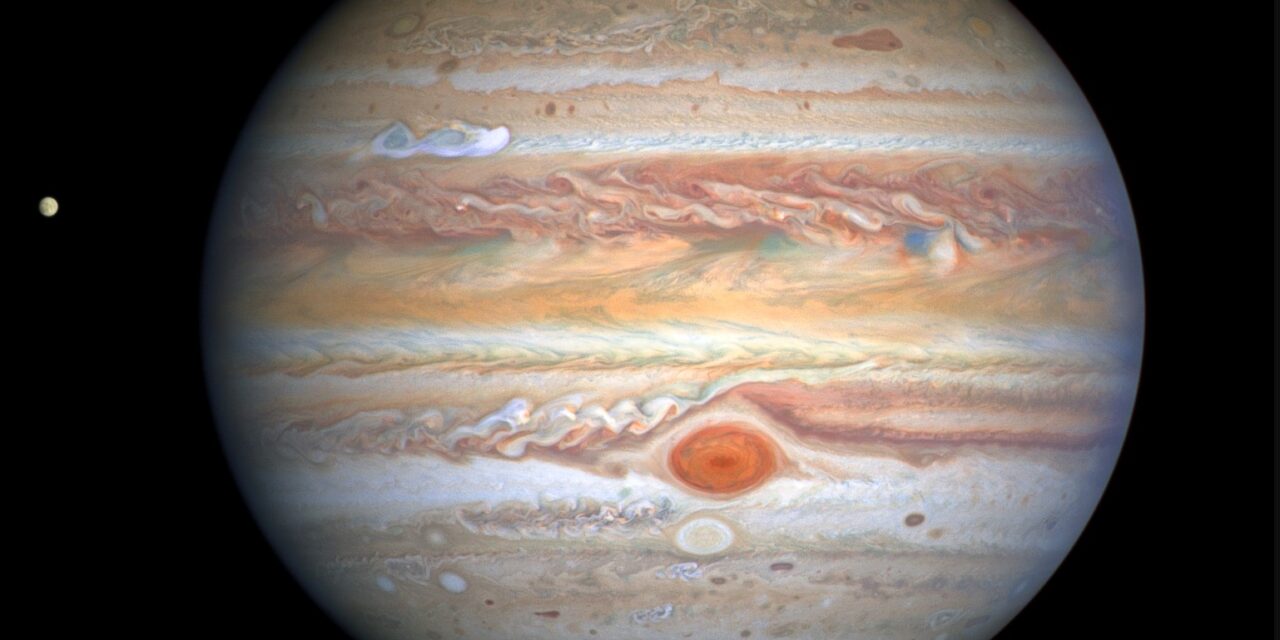
But it isn’t the only storm. Infact the whole planet is covered by massive clouds, which run at impossible speeds, in every direction.
Therefore, a day on Jupiter only lasts eight hours, while a year is 12 terrestrial years!
What’s the weather on Saturn
We are now very far away. What we know about Saturn is that, as well as the other gaseous giants, it is lashed by very fast winds, which reach even the 1600 km/h. Therefore, on the poles of Saturn there are very strange hexagonal storms.
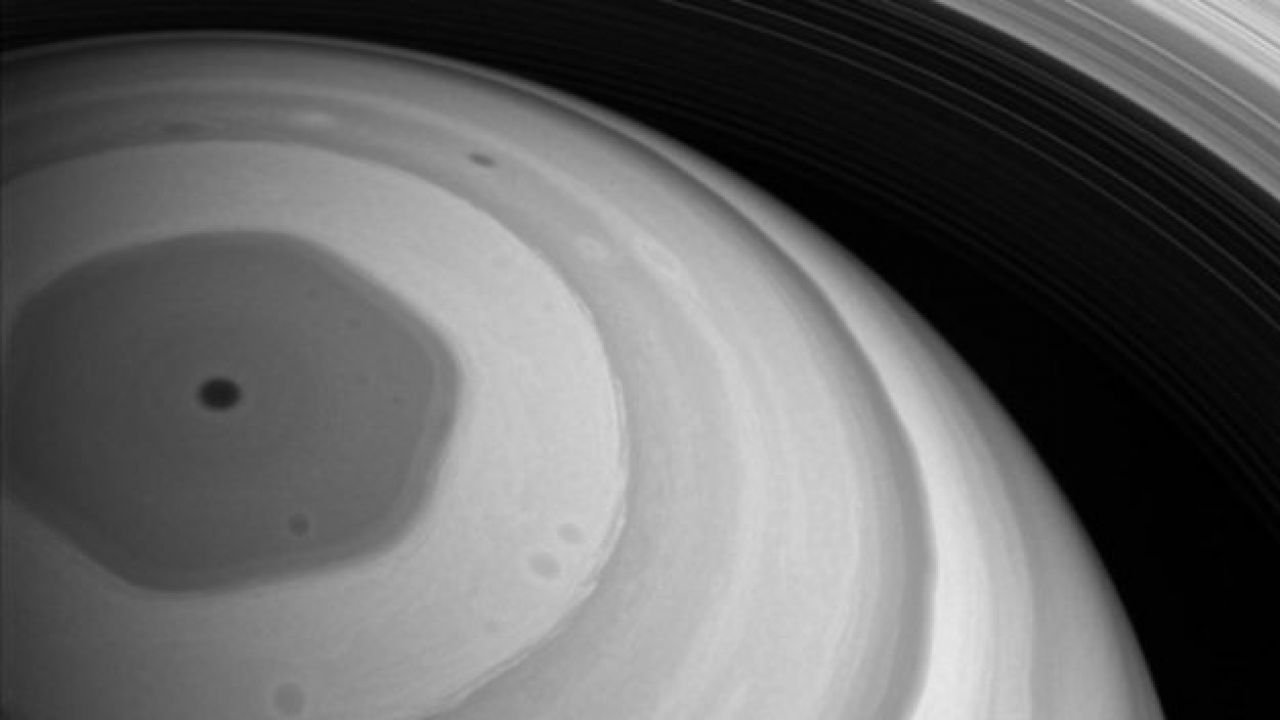
One day on Saturn lasts about 10 hours and half, while a year is about 19 terrestrial years.
Uran
On Uran, almost at the edges of the Solar System, there is an average temperature of -193°. The planet is constantly covered by clouds of ice crystals (made of methane and ammonia, not of water).
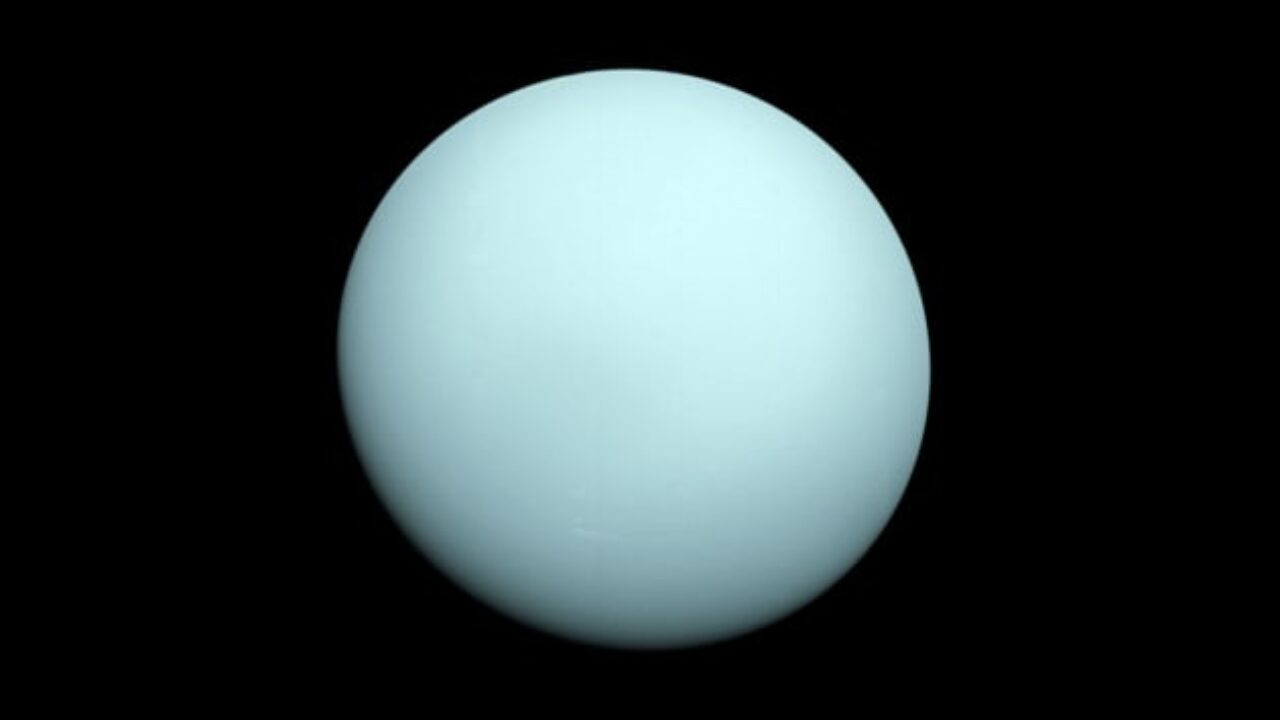
These clouds become huge storms when they are on the face in front of the Sun and they start to melt.
On Saturn a day lasts 17 hours, while a year is 84 terrestrial years.
What’s the weather on Neptune
What’s the weather on the most remote planet of the solar system? On Neptune, as well as on the other gaseous giants, always blow incredible winds, that here reach even the 2000 km/h.
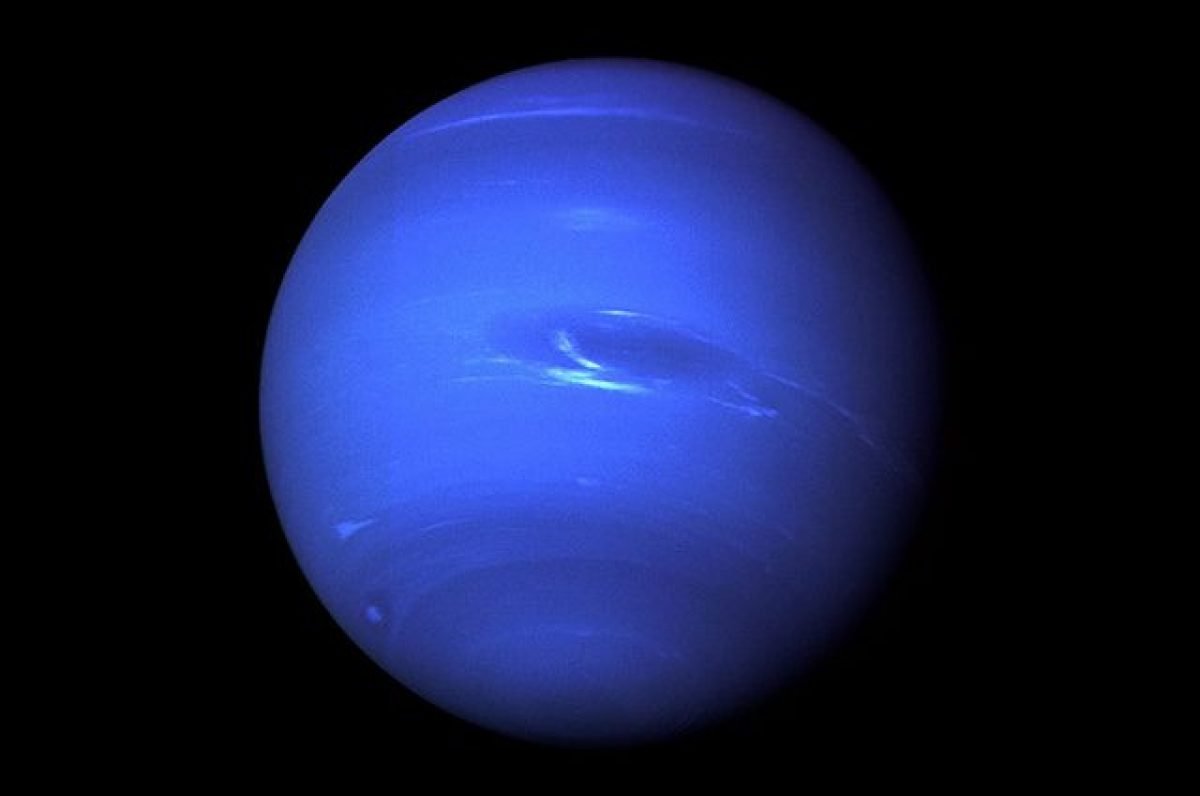
Even though the distance from the sun the planet isn’t completely frozen. The core, which is extremely hot, infact, avoid it.
A day on Neptune lasts about 16 hours, while a year 164 years!
This post is also available in:
 Italiano
Italiano

